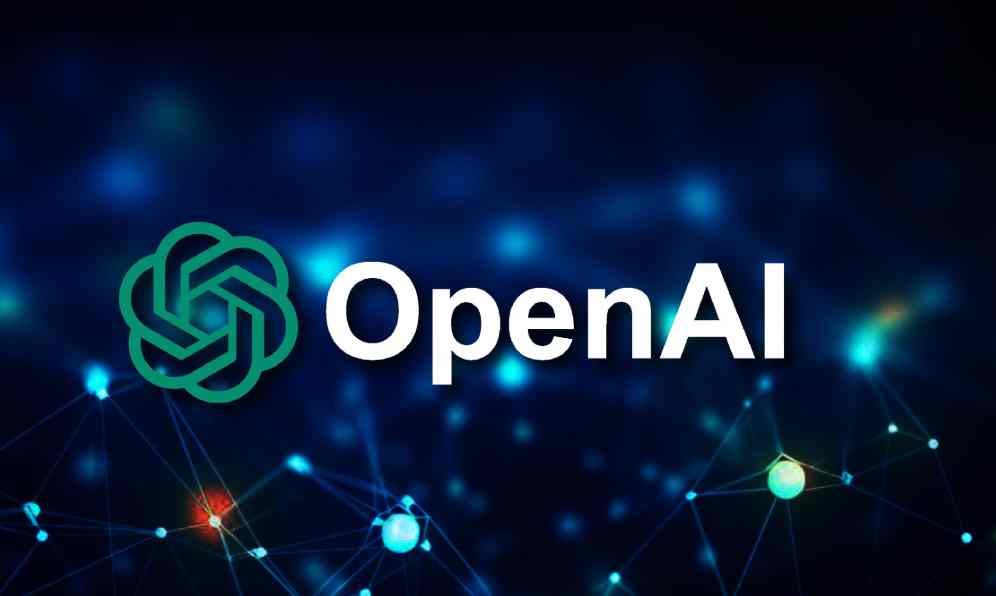Delhi High Court issues notice on DNPA’s intervention in ANI’s lawsuit accusing OpenAI of copyright infringement.
The Digital News Publishers Association (DNPA) has stepped into the ongoing copyright infringement battle between Asian News International (ANI) and OpenAI, alleging unauthorized use of Indian news content by the AI chatbot, ChatGPT.
The intervention application filed by DNPA was heard today by the Delhi High Court, presided over by Justice Amit Bansal. The Court issued notice on DNPA’s plea but emphasized that its intervention would not widen the scope of ANI’s existing suit.
Justice Bansal noted, “In the event the Court allows the intervention application, the scope of the suit shall not be expanded, and the intervenors would be confined to making submissions on legal issues arising in this case.”
DNPA has accused OpenAI of scraping content from Indian publishers, some of which is behind paywalls, to train its AI model, which it claims constitutes copyright infringement.
ANI, in its original suit, alleged that OpenAI exploits its proprietary content for commercial gain while also spreading false information attributed to ANI, thereby harming its reputation.
OpenAI Pushes Back on Jurisdiction and Scope
Appearing for OpenAI, Senior Advocate Amit Sibal argued that Indian courts lack territorial jurisdiction over the matter, given that the AI model’s training occurs outside India. He highlighted that OpenAI’s Terms of Use assign jurisdiction to courts in California, USA.
“The aspect of territorial jurisdiction will be considered while deciding the application for interim injunction,” the Court responded.
Justice Bansal directed DNPA to submit a resolution demonstrating authorization for the intervention and scheduled further hearings for February 21, March 11, and March 18, 2025.
Sibal also expressed concerns that DNPA’s claims introduce new dimensions to the case, such as allegations of bypassing paywalls, which were not part of ANI’s original suit. He stressed that these issues should not expand the scope of the current litigation.
Senior Advocate Sibal has represented OpenAI alongside advocates Sanjeev Kapoor, Madhav Khosla, and Nirupam Lodha from Khaitan & Co.
Legal Community Responds
Representing DNPA, Senior Advocate Saikrishna argued that the matter involves critical copyright concerns that affect multiple Indian news publishers.
Advocate Sidhant Kumar appeared on behalf of ANI, reiterating the news agency’s grievance over the unauthorized use of its content by OpenAI. Amici Curiae Adarsh Ramanujan and Arul George Scaria were also present during the hearing.
Justice Bansal also voiced concern over the publication of OpenAI’s written submissions in the media, stating, “Just because you are in the business of publishing news, everything can’t be reported. We have to be guarded on this.”
Players in the Dispute
DNPA, a body representing major Indian media organizations such as The Hindu, Hindustan Times, The Times of India, NDTV, and others, has thrown its weight behind ANI’s claims. This case is being closely watched by legal experts, as it could set a precedent for AI’s use of copyrighted content in India.
Parties Involved:
- Plaintiff: ANI Media Pvt Ltd
- Defendant: OpenAI Inc. & Anr
- Intervenor: Digital News Publishers Association (DNPA)
- Bench: Justice Amit Bansal, Delhi High Court















